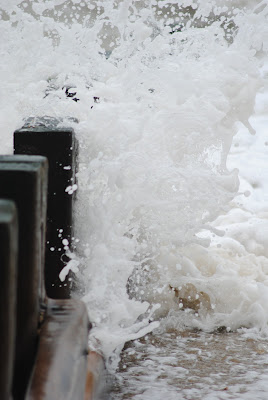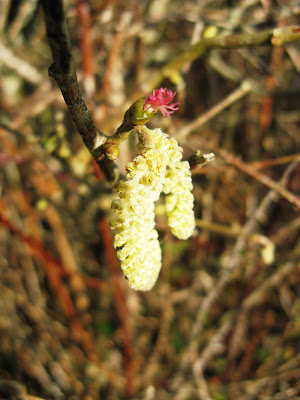Some very prominent folk (especially men?) attribute their 'deserved success' to their 'genes'. They then downplay the roles of inherited wealth and/or improved educational/networking opportunities to their rise. This leads to distinctly racist viewpoints. In deed, Jonathan Roberts opines that prominent members of the US Right regularly attempt to put dubious 'scientific veneers' on their pronouncements (https://www.theguardian.com/commentisfree/2024/dec/30/donald-trump-elon-musk-genetics-science-right). The 'Nature versus Nurture' debate now seems unhelpful. Everyone is essentially a product of their genes and their environment. Roberts notes that there is 'far more to it than 'good' or 'bad' genes'. He also suggests that taking Charles Darwin's concept of 'survival of the fittest' out of context, is a deliberate ploy. By the 'fittest', Darwin meant 'best able to thrive in their environment'. Right-wingers (in the US and elsewhere) mutate 'fittest' to mean 'the strongest or most economically successful'. This allows them to opine about the dangers of 'bad' genes being carried into their countries by migrants. It also provides excuses for not investing in 'levelling up' disadvantaged folk. Why bother, when 'genetic cream' will inevitably rise to the top? One thing that's very evident from evolutionary studies, is that genetic diversity enables species to deal with environmental change. Inbreeding has never proved a very successful strategy! Roberts feels that scientists now have to worry about the possibility that their findings (and the words they use to describe them), will be misquoted by hoards of online political 'influencers'. There's a distinct need to avoid giving them such opportunities. It's also imperative, wherever possible, to point out the flimsy nature of their 'scientific veneers'. Perhaps this blog, in a small way, helps to do this? Have an excellent 2025 and keep your 'bullshit detectors' switched on!

































%20close%20up%20on%20Mallow%20NBGW.JPG)


















%20mating%20NWCW.jpg)

